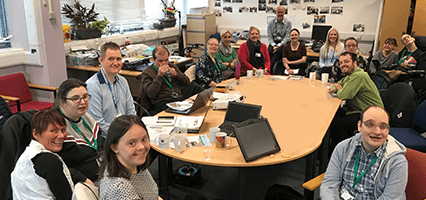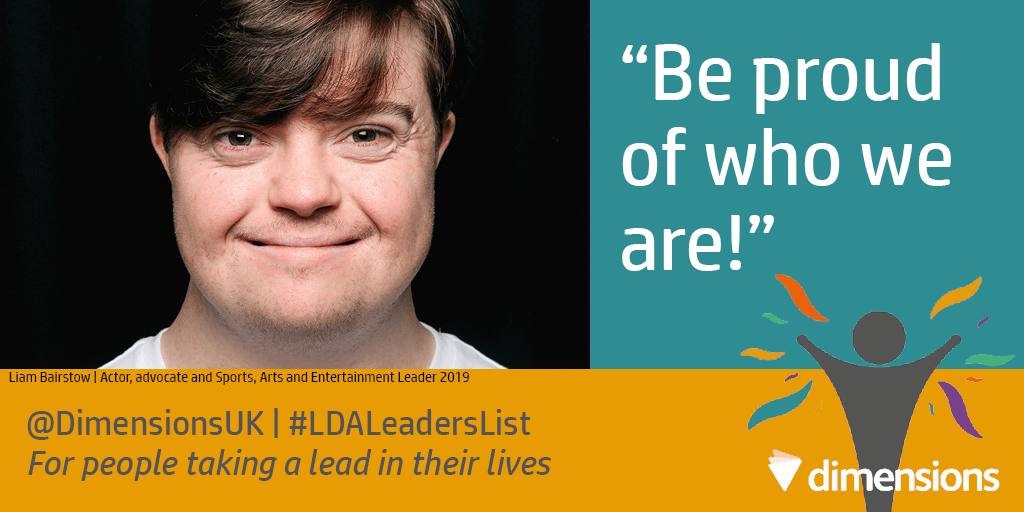Advocating for self-advocacy
Faced with strictly limited funding opportunities and no way to connect nationally, the majority of self-advocacy groups in the UK are struggling. One particular group, who are in the minority, is Sunderland People First and they’ve taken on the challenge of helping their peers.

Funding for advocacy
Before we dive into Sunderland People First’s latest project, it’s important to understand the motivations behind it.
They told us that recent austerity measures have directly affected self-advocacy groups, with many having to close because of lack of funding.
This has had an effect on the areas of people’s lives that are consistently overlooked, such as friendships and relationships and the right to equal and quality healthcare, to name a few.
Local Authorities are frequently taking the decision to solely fund statutory advocacy, this is advocacy that is designed to support people who have mental health issues, need help to make important decisions and secure the rights and services to which people are entitled to.
This means self-advocacy groups are increasingly pushed for resources and don’t have the network available to work with and help each other.
Mapping self-advocacy
In September 2018, Sunderland People First successfully applied to work with a team of academics at the University of Sheffield on a Fellowes project.
The aim of the project was to look at self-advocacy in the UK and compare its current state with previous years, and the impact this has had on people.
There hasn’t been much research into this and their aims are high.
They are speaking to other self-advocacy groups and hosting focus groups to talk about their constitution, what work they do, funding they have and how resilient they are.
The result of this project will be twofold:
- A report presenting their research results and recommendations
- An interactive map of self-advocacy groups in the UK
In a short space of time they have already achieved so much; they were invited to present at the first National Self Advocacy Convention for 25 years and their map will be live soon.
“We are stronger when we work together”
Learning disability and autism self-advocates are all on the same team and working towards the same goals.
Their experts by experience advocates often work with other self-advocacy groups and companies from across the region to get a stronger voice to professionals and service, so that positive changes can be made.
They use social media to show the public their work and use hashtags such as #selfadvocayworks and #strongertogether.
Group members
Lisa Clark | Samantha Jamieson | Andrew Fox | Sheila Cain | Jodie Williams | Lauren Baynes | Matthew Moon | Sharon Bell | Philip Hughes | Karen Hughes | Toni Ann wood | Gavin Barr | Andrew Cowe | David Wade | Vikki Haytack
![]() Like Sunderland People First on Facebook
Like Sunderland People First on Facebook
![]() Follow Sunderland People First on Twitter
Follow Sunderland People First on Twitter
“Amazing work so far, please keep up the good work.” – Leaders’ List 2019 Judge
“Keep up the good work guys.” – Leaders’ List 2019 Judge
In the press
- Crook Fellows chosen to be part of the Learning Disability Leaders List
Read on ihuman.group.shef.ac.uk











